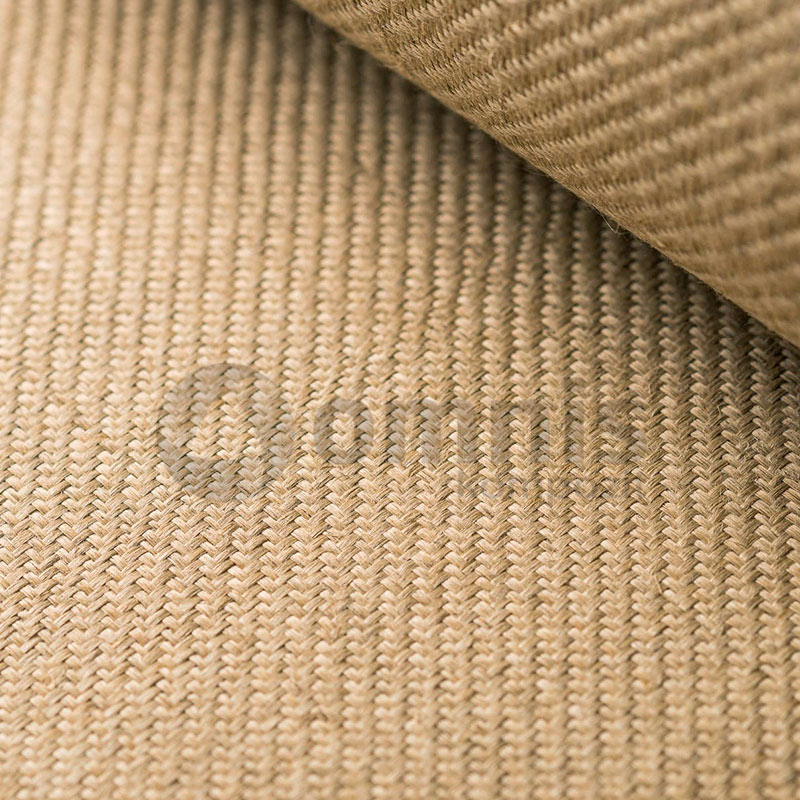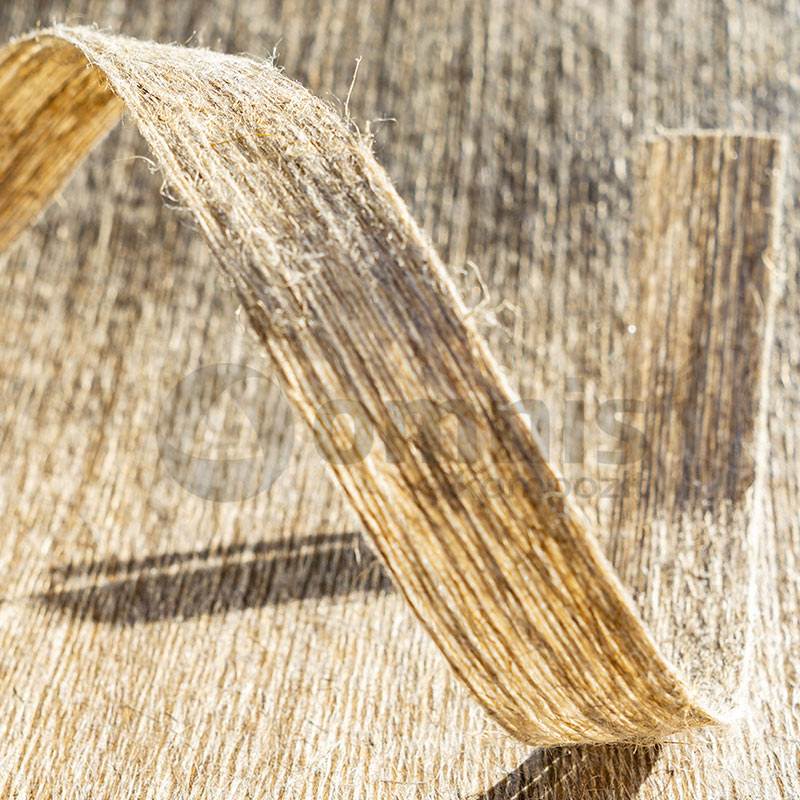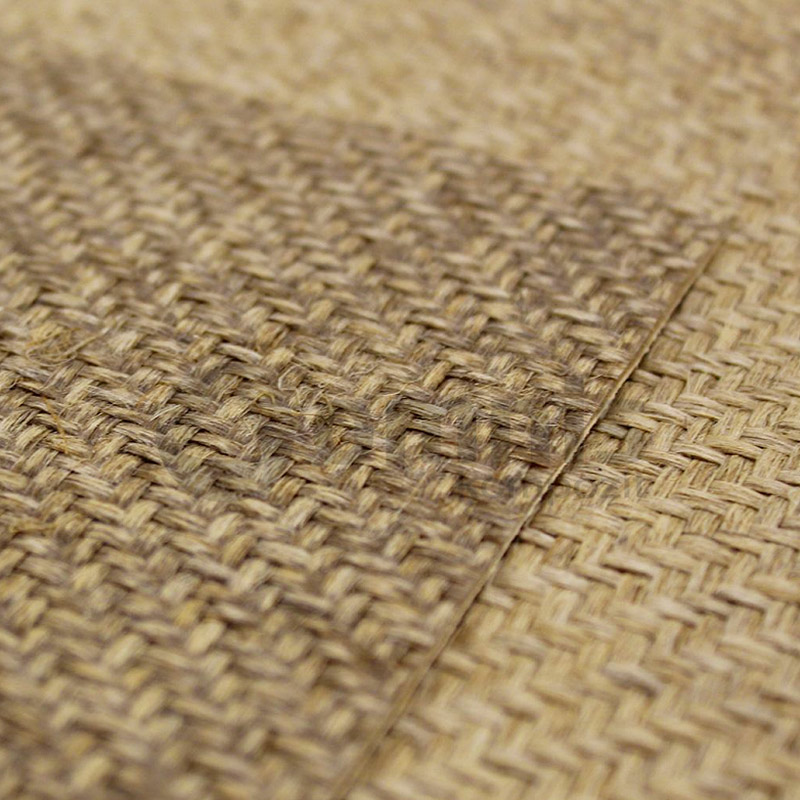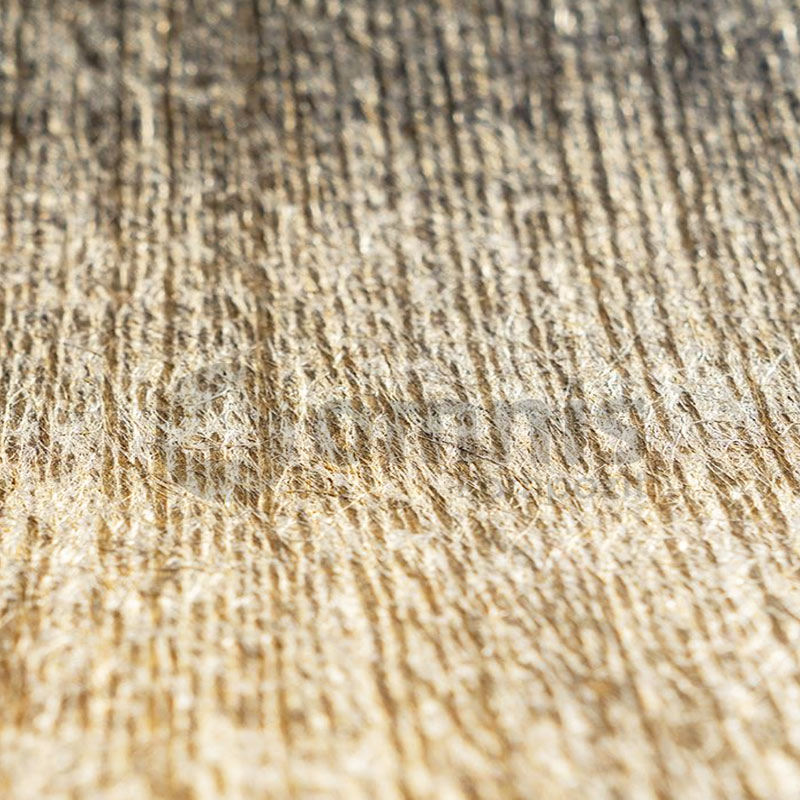Natural Fiber Reinforcements
What Are Natural Fiber Supplements?
Sustainable production is now also an important way of production for chemical companies. Natural and sustainable materials are used in this production. This is where natural fiber supplements come in. Natural fibers, which are recyclable materials, minimize environmental damage by reducing energy costs.
Linen fiber webbing is also a material made from natural fiber reinforcements. Linen fiber weaving, an environmentally friendly composite, is obtained from the flax plant. Linen, commonly used in this form of production, has high tensile strength and dampens vibrations. It also has the ability to block ultraviolet rays. It supports sustainable production as it does not emit carbon dioxide. Flax supplement, which is preferred in many uses, stands out thanks to these features.
Natural fiber reinforcements include prepreg material. Prepreg material is also obtained from natural products and processed in the composite manufacturing process. Epoxy, resin, carbon fiber and similar materials are used in the processing process. Pre-impregnated prepregs are preferred for high performance applications. The fact that it is pre-saturated allows it to be used efficiently in various industries.
What are Natural Fiber Supplements Used for?
Natural fiber reinforcements are used to produce composites of multiple materials in an environmentally friendly way. The demand for natural fiber reinforcements has increased in many industrial fields due to the growing interest in environmentally friendly composites. These biodegradable materials have recyclable properties. These materials, which are used for many purposes due to their properties, are frequently preferred today. In general, natural fiber reinforcements are used for the following purposes:
They are lower in density than metal and some synthetic fiber reinforcements, making them easy to handle and use.
As they have high strength properties, they are an alternative for applications requiring strength.
Synthetic fiber supplements are created through an intensive process and can deplete natural resources. But natural fiber supplements have a low environmental impact because they are made from plant sources. It is therefore produced in an environmentally harmless way without depleting natural resources.
It has good heat and sound insulation properties, making it suitable for use in structural and insulation materials.
Biodegradable because they are naturally degradable. It can therefore be used to reduce waste and increase environmental products.
Unidirectional flax fiber is also processed in composite production, making it a useful material in many sectors. UD flax fiber is generally preferred in the following areas of use:
Automotive sector: Among natural fiber reinforcements, unidirectional flax fiber is used in the automotive industry. As it is lightweight and sustainable, it saves fuel by reducing the weight of the car. It also helps to reduce carbon dioxide emissions.
Building industry: Biodegradable natural fiber reinforcements provide high resistance to cracking and impact. It is preferred in the construction sector as it has a lower cost compared to metal fibers.
Sound and heat insulation: The voids in the structure of the linen, called lumens, ensure that the fibers are low in weight. Fibers derived from flax fibers make it difficult for sound waves to travel. Due to their ability to absorb sound waves, they are used for sound insulation in the building sector.
Packaging industry: Linen fiber weaving is used to produce lightweight and environmentally friendly products. For this reason, it is also preferred in the packaging industry to reduce the use of plastic.
Today, with the developments in materials science and chemistry, the use of natural fiber reinforcements is increasing. This special material is carefully processed in the production of environmentally friendly composites. For an environmentally sensitive production, consumers are offered preferable products.
What are the Benefits of Natural Fiber Supplements?
The advantages of natural fiber reinforcements in composite production support their preference in the production of other sectors. The most important advantage is environmental sustainability. Since it is derived from plant sources, it helps to produce products that are biodegradable and do not harm the environment. The advantages of flax fiber weaving and other natural fiber supplements are as follows:
As it is lightweight, it reduces the weight of the composite materials it is used in. Thanks to this feature, it is more preferred in the automotive and aviation sectors. This is because it saves fuel by reducing the weight of vehicles such as airplanes and automobiles.
It is more cost-effective than other fiber reinforcements. Reduces production costs as it is derived from natural products. This saves budget in production facilities and supports high-volume production.
Since it has heat and insulation properties, it can be used in various building projects. In addition, its sound insulation feature helps it to be preferred in these areas.
It does not emit carbon dioxide during the production process. Less harmful dust and waste generation. This is one of its environmental advantages.
As a result, natural fiber reinforcements, especially flax fiber weaving, are more environmentally friendly materials compared to other materials. The lower cost of these materials increases their preferability in the fields of chemistry, materials science and textiles.






